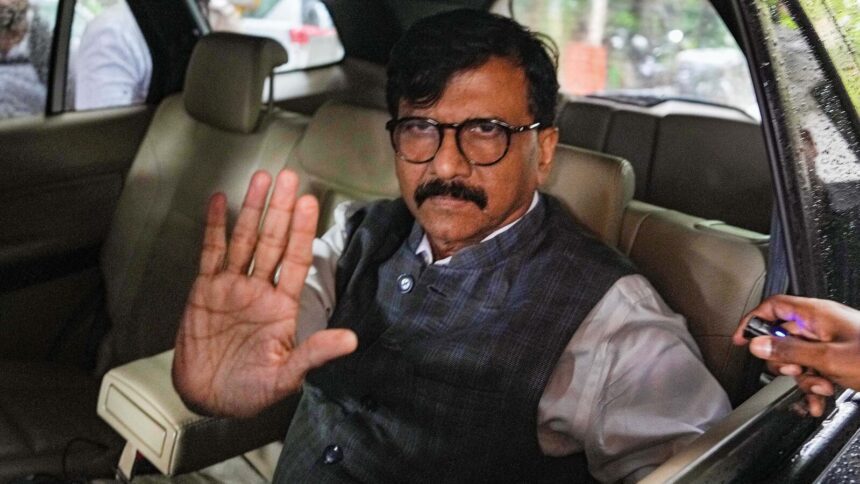Understanding the Shift in Political Alliances: Sanjay Raut and Shiv Sena’s Solo Strategy
In the ever-evolving landscape of Indian politics, the latest developments often reflect deeper trends that shape the future electoral scenarios. On January 12, 2025, Sanjay Raut, a key figure of the Shiv Sena (UBT), staunchly defended his party’s decision to contest upcoming local elections independently. This strategy not only signifies a pivotal moment for the Shiv Sena but also highlights the broader dynamics of political alliances in India.
The Rationale Behind Going Solo
Sanjay Raut addressed the media, articulating the primary reasons for this strategic shift. He pointed out that, despite being part of a larger coalition in previous elections, the reality on the ground necessitated a separate approach. Raut emphasized that the lack of opportunities for workers from all alliance parties hindered organizational growth. In his words, "Congress leaders should have the habit of growing their own base rather than relying on alliances." This statement underscores a critical perspective that resonates through the ranks of many regional parties – the need to cultivate a robust foundation within grassroots movements.
Historical Context
To understand the implications of Shiv Sena’s decision to go solo, we must look at its historical alliances. For years, the Shiv Sena has oscillated between cooperation and competition with several parties, particularly the Congress and the Nationalist Congress Party (NCP). Their alliance, known as the Maha Vikas Aghadi, was formed to counter the Bharatiya Janata Party (BJP) in Maharashtra. However, as electoral dynamics shift, the efficacy of such alliances is increasingly questioned.
Historically, swift changes in political sentiment among voters have compelled parties to reassess their strategies. For instance, the Shiv Sena’s previous electoral prowess stemmed from its ability to connect with urban and rural voters. However, as the political narrative evolves, the party finds itself at a crossroads: continue with alliances that may dilute its core identity or reclaim its individual narrative.
Implications for Political Landscape
Shiv Sena’s decision to contest elections independently could have far-reaching effects across Maharashtra and beyond. Here are a few key considerations:
-
Political Identity Reinforcement: By going solo, the Shiv Sena aims to re-establish its unique political identity, detaching itself from the compromises that often accompany coalition governance. This could attract voters who prefer strong, unequivocal leadership over fragmented coalitions.
-
Electoral Dynamics: As the party attempts to rejuvenate its support base, the potential fragmentation of votes might present opportunities for regional parties to rise beyond their expected limits. Independent campaigns may also draw undecided voters who are seeking more relatable and localized representation.
- Broader Alliance Implications: The decision could influence other regional parties pondering similar moves. Observing the Shiv Sena’s results might inspire or deter them from pursuing a standalone approach in their respective locales.
Future Outlook
The evolving political scenario in Maharashtra will be indicative of broader trends in Indian politics. If the Shiv Sena’s solo endeavor proves successful, it might trigger a wave of similar decisions among other regional parties, leading to a more fragmented yet vibrant political arena where identity and grassroots connection take precedence over mere alliances.
In conclusion, Sanjay Raut’s defense of Shiv Sena’s solo decision speaks volumes about the ongoing discourse in Indian politics. As parties reassess their strategies and the dynamics of alliances continue to change, the political arena is likely to witness renewed vigor filled with both challenges and opportunities. For voters and political observers alike, the coming months will be crucial to understanding how these shifts will shape the future of governance in one of India’s most politically dynamic states.










